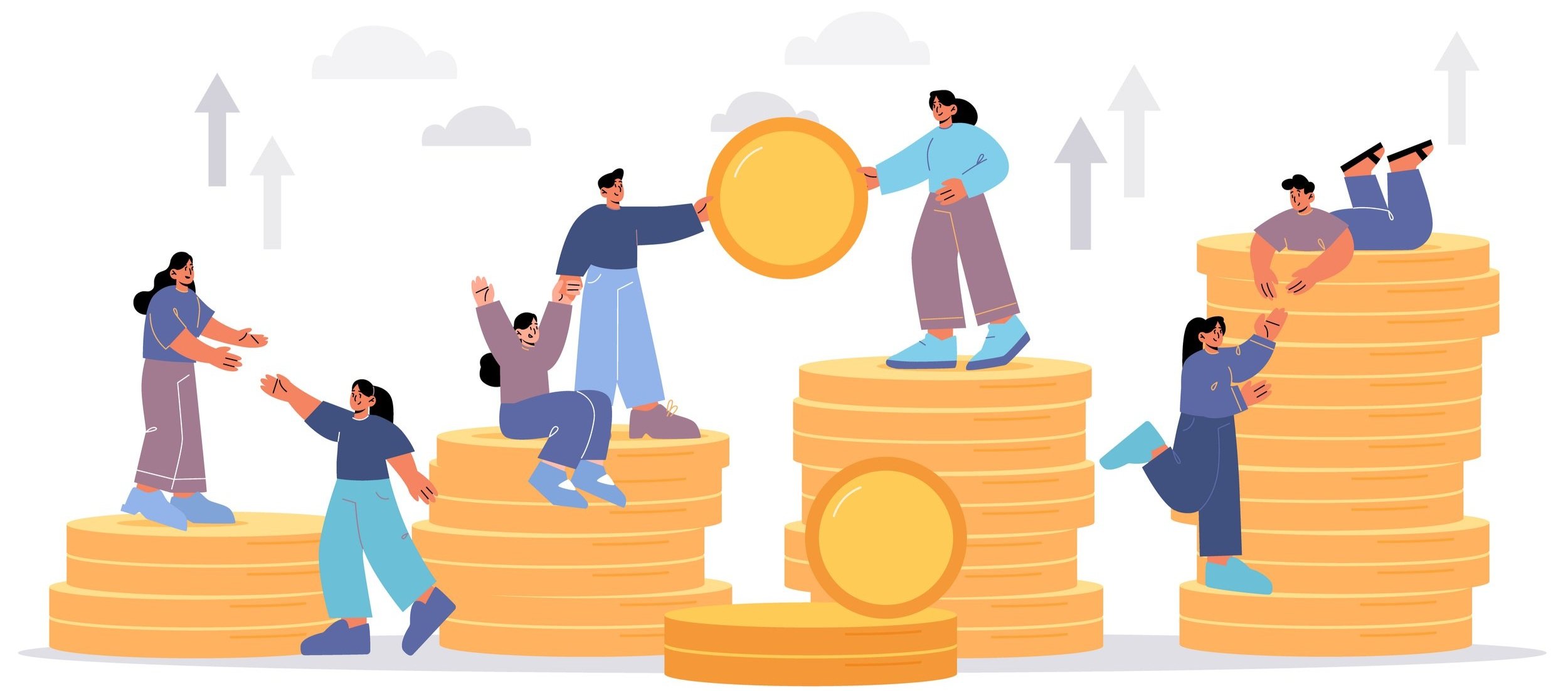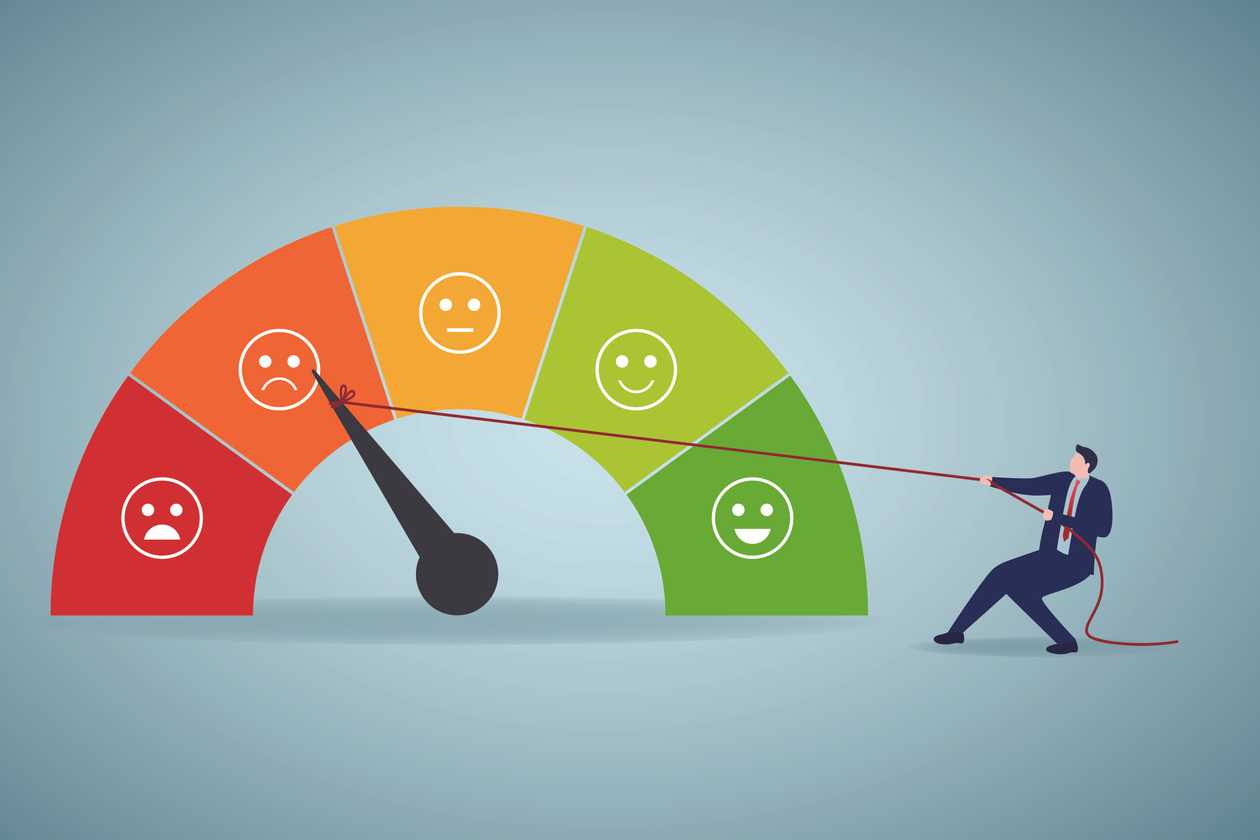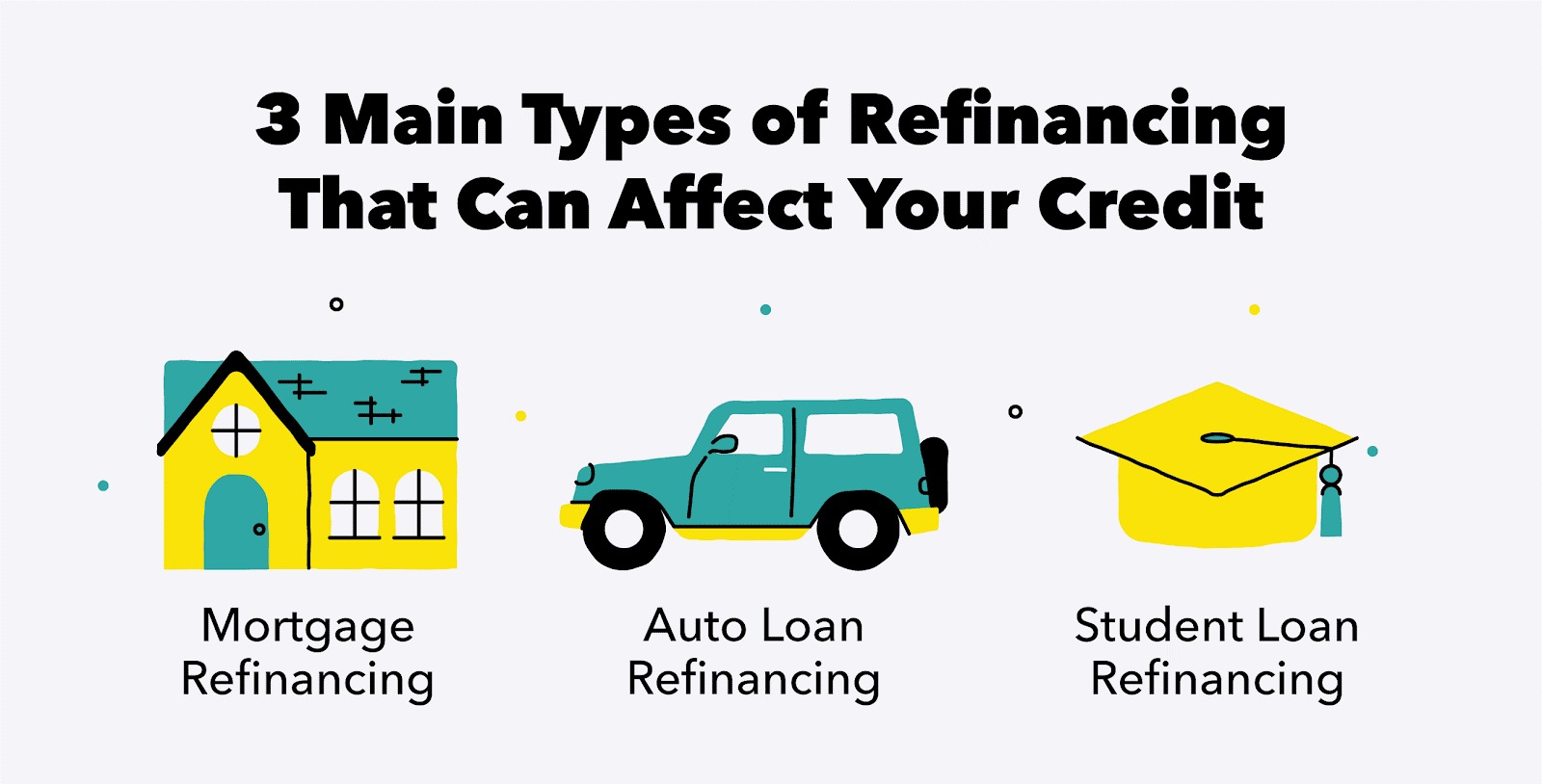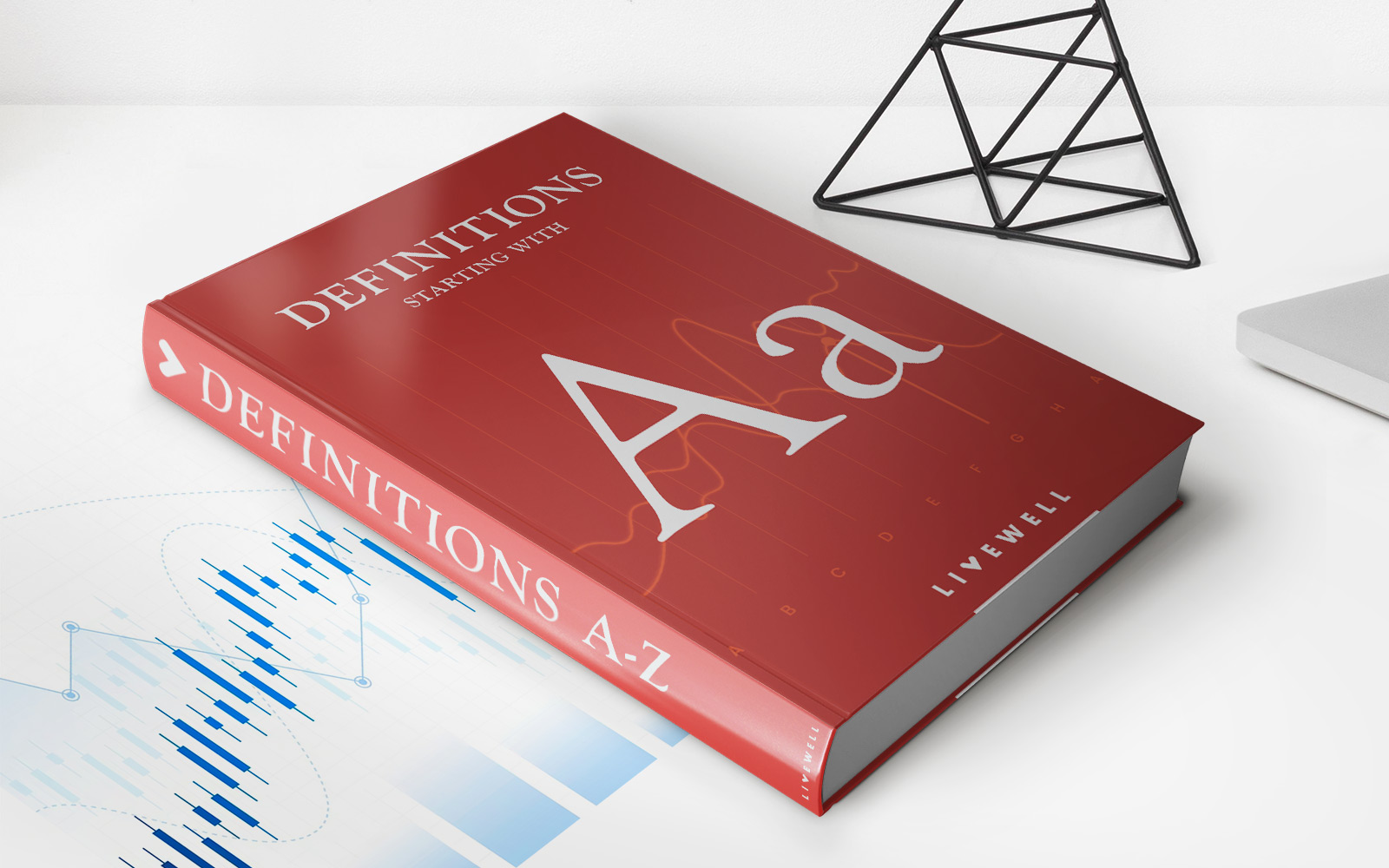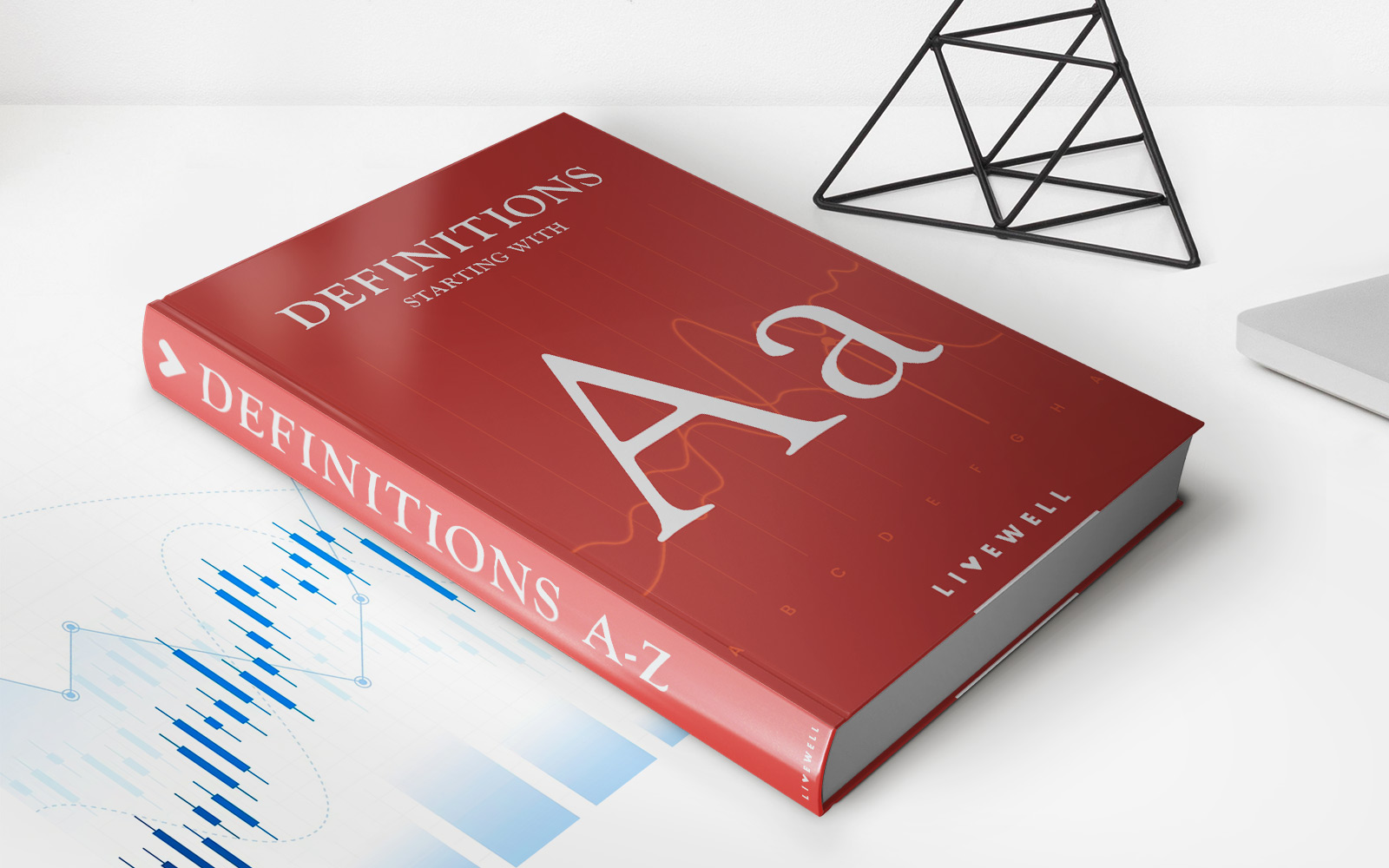Home>Finance>How Much Does Paying Off A Car Help Your Credit


Finance
How Much Does Paying Off A Car Help Your Credit
Published: January 5, 2024
Paying off your car can have a positive impact on your credit score. Learn how it affects your finances and credit history.
(Many of the links in this article redirect to a specific reviewed product. Your purchase of these products through affiliate links helps to generate commission for LiveWell, at no extra cost. Learn more)
Table of Contents
- Introduction
- What is Credit?
- How Does Paying Off a Car Loan Impact Your Credit Score?
- Positive Effects of Paying Off a Car Loan on Your Credit
- Negative Effects of Paying Off a Car Loan on Your Credit
- Factors That Influence the Impact of Paying Off a Car Loan on Your Credit
- Tips for Managing Your Credit Score After Paying Off a Car Loan
- Conclusion
Introduction
When it comes to personal finance, credit plays a crucial role. Your credit score is a measure of your creditworthiness, and it impacts your ability to secure loans, get favorable interest rates, and even rent an apartment or land a job. That’s why it’s essential to understand how your financial decisions can affect your credit score.
One significant financial decision that can impact your credit score is paying off a car loan. While it may seem like a straightforward action with only positive effects, there are various factors at play. Understanding how paying off a car loan affects your credit score can help you make informed decisions to manage and improve your credit.
In this article, we will delve into the details of how paying off a car loan can impact your credit score. We’ll explore both the positive and negative effects this action can have, as well as the factors that influence these impacts. Additionally, we’ll provide some tips for managing your credit score after paying off a car loan. So, let’s dive in and discover how paying off a car loan can affect your credit!
What is Credit?
Before we dive into how paying off a car loan impacts your credit score, let’s first clarify what credit is. Credit refers to your ability to borrow money or access goods or services with the understanding that you will pay for them in the future. It is essentially a trust agreement between you and a lender or provider.
When you apply for credit, such as a loan or credit card, lenders assess your creditworthiness based on several factors. These factors typically include your credit history, income level, employment status, and existing debts. The lender then decides whether to extend credit to you and at what terms, such as interest rates and repayment periods.
Your creditworthiness is typically measured by a credit score, which is a numerical representation of your creditworthiness. Credit scores range from 300 to 850, with higher scores indicating a lower credit risk. The most commonly used credit scoring model is the FICO score, which is calculated based on various factors such as payment history, credit utilization, length of credit history, types of credit, and new credit applications.
Your credit score is a crucial factor when it comes to obtaining credit. A higher credit score opens doors to lower interest rates, higher credit limits, and better loan terms. On the other hand, a lower credit score can lead to higher interest rates and limited access to credit opportunities.
Now that we’ve clarified the concept of credit let’s explore how paying off a car loan can impact your credit score.
How Does Paying Off a Car Loan Impact Your Credit Score?
Paying off a car loan can have both positive and negative effects on your credit score. It’s important to understand how these factors interact to get a clear picture of how paying off a car loan can impact your credit.
On the positive side, paying off a car loan demonstrates responsible financial behavior. It shows that you have successfully fulfilled your loan obligations and have the ability to manage debt effectively. This positive payment history can have a favorable impact on your credit score, as payment history is one of the most significant factors in determining your creditworthiness.
Paying off a car loan can also improve your credit utilization ratio. This ratio is the amount of credit you currently have compared to the amount you have used. By paying off a car loan, you decrease your overall debt, which may result in a lower credit utilization ratio. A lower ratio is generally considered favorable and can positively impact your credit score.
However, there can be negative effects on your credit score when you pay off a car loan. One potential negative impact is a slight decrease in your credit mix. Credit mix refers to the different types of credit you have, such as credit cards, mortgages, and loans. Having a diverse mix of credit can be beneficial for your credit score. Paying off a car loan means you have one less active installment loan, which may slightly lower the diversity of your credit mix.
Another potential negative impact is a decrease in the average age of your credit accounts. The length of your credit history is an essential factor in determining your credit score. When you pay off a car loan, you close the account, which may reduce the average age of your credit accounts. A shorter average age of credit accounts can have a slight negative impact on your credit score.
It’s important to note that the specific impact of paying off a car loan on your credit score can vary depending on individual factors and the overall health of your credit profile. Factors such as your payment history, credit utilization, credit mix, and average age of accounts all play a role in determining the exact impact on your credit score.
Now that we’ve explored the potential positive and negative effects of paying off a car loan on your credit score, let’s examine the factors that influence these impacts in more detail.
Positive Effects of Paying Off a Car Loan on Your Credit
Paying off a car loan can have several positive effects on your credit score. Let’s take a closer look at these positive impacts:
- Improvement in Payment History: By paying off your car loan, you demonstrate a positive payment history. Timely and consistent payments contribute to a positive credit score, as payment history is a significant factor considered by lenders. This can help boost your creditworthiness and increase your chances of getting approved for future loans.
- Decreased Credit Utilization Ratio: Paying off a car loan reduces your overall debt, leading to a lower credit utilization ratio. Credit utilization is the amount of credit you are currently using compared to your total credit limit. Lower credit utilization is generally seen as a positive factor in credit scoring models and can have a positive impact on your credit score.
- Improved Debt-to-Income Ratio: Paying off a car loan also reduces your monthly debt obligations. This can help improve your debt-to-income ratio, which is an important consideration for lenders. A lower debt-to-income ratio indicates that you have less debt relative to your income, making you a more attractive borrower.
- Increased Available Credit: When you pay off a car loan, you free up your monthly budget from the loan repayment. This can lead to more available credit each month, which can be beneficial for managing your finances and covering unexpected expenses without relying on credit cards or loans.
- Positive Credit Mix: While paying off a car loan may slightly reduce the diversity of your credit mix, it still adds to your overall credit history. Lenders like to see a mix of credit types, such as installment loans (like a car loan) and revolving credit (like credit cards). Having a positive credit mix can contribute to a higher credit score.
It’s important to note that the extent of these positive effects may vary based on individual circumstances and overall credit history. While paying off a car loan can generally have positive impacts on your credit score, it’s crucial to continue practicing responsible financial habits to maintain and further improve your creditworthiness.
Now that we’ve explored the positive effects of paying off a car loan on your credit, let’s examine the potential negative effects.
Negative Effects of Paying Off a Car Loan on Your Credit
While paying off a car loan generally has positive effects on your credit score, there are a few potential negative impacts to consider. Let’s explore these potential drawbacks:
- Decreased Credit Mix: One potential negative effect of paying off a car loan is a decrease in your credit mix. Credit mix refers to the different types of credit accounts you have, such as credit cards, mortgages, and loans. Having a diverse mix of credit can demonstrate responsible credit management. When you pay off your car loan, you may lose this installment loan from your credit mix, which could slightly lower the diversity of your credit accounts.
- Reduction in Average Age of Accounts: The average age of your credit accounts is an essential factor in calculating your credit score. It takes into account the age of each individual account and calculates the average. When you pay off a car loan and close the account, it reduces the average age of your accounts. A shorter average age of accounts may have a slight negative impact on your credit score.
- Loss of Positive Payment History: While paying off a car loan demonstrates responsible financial behavior, it also means you will no longer have the opportunity to make regular on-time payments on that loan. This could result in the loss of a positive payment history associated with the car loan, which can impact your credit score. However, this impact may be temporary, as your overall payment history will still reflect other credit accounts you have.
It’s important to note that the negative effects of paying off a car loan are generally minimal compared to the positive impacts. They may have a temporary or minor influence on your credit score. Additionally, paying off a car loan can provide you with financial freedom, saving money on interest payments, and enabling you to redirect those funds towards other financial goals.
Keep in mind that the overall impact on your credit will depend on various factors, such as your overall credit history, existing credit mix, and length of credit accounts. It’s vital to assess your specific situation and understand how paying off a car loan fits into your financial goals and credit management strategy.
Now that we’ve explored the potential negative effects of paying off a car loan, let’s discuss the factors that influence the impact of paying off a car loan on your credit score.
Factors That Influence the Impact of Paying Off a Car Loan on Your Credit
While paying off a car loan can have both positive and negative effects on your credit score, the extent of these impacts can vary based on several factors. Let’s explore the key factors that influence the impact of paying off a car loan on your credit:
- Payment History: Your payment history is a significant factor in determining your credit score. If you have consistently made on-time payments on your car loan and have a strong payment history overall, paying off the loan can have a more positive impact on your credit score.
- Credit Utilization Ratio: The credit utilization ratio measures the amount of credit you are using compared to your available credit limit. If paying off your car loan reduces your overall debt and lowers your credit utilization ratio, it can positively impact your credit score. Maintaining a low credit utilization ratio is generally considered advantageous for your credit.
- Credit Mix: If you have a diverse mix of credit accounts, including both installment loans (like a car loan) and revolving credit (like credit cards), paying off your car loan may have a minimal impact on your credit score. However, if the car loan is your only installment loan, it could slightly reduce the diversity of your credit mix.
- Length of Credit History: The length of your credit history is an important factor in determining your credit score. If your car loan represents a significant portion of your credit history, paying it off may shorten the average age of your accounts, potentially having a slight negative impact on your credit score. However, if you have a long credit history with other accounts, the impact may be minimal.
- New Credit Applications: If you plan to apply for new credit shortly after paying off your car loan, it’s important to consider the potential impact on your credit score. Opening new accounts can temporarily lower your credit score due to inquiries and the decreased average age of accounts. It’s advisable to space out credit applications and monitor your credit score during this time.
It’s important to note that these factors interact in complex ways, and the overall impact on your credit score can vary based on individual circumstances. The health of your overall credit profile, including factors like credit history, payment patterns, and overall debt, will also play a role in determining the impact of paying off a car loan on your credit score.
Now that we’ve discussed the factors that influence the impact of paying off a car loan on your credit, let’s move on to some tips for managing your credit score after paying off a car loan.
Tips for Managing Your Credit Score After Paying Off a Car Loan
Paying off a car loan is an achievement that can positively impact your credit score. However, it’s important to continue practicing good credit habits to maintain and further improve your creditworthiness. Here are some tips for managing your credit score after paying off a car loan:
- Monitor Your Credit: Regularly check your credit reports from the major credit bureaus (Equifax, Experian, and TransUnion) to ensure accuracy and identify any potential errors. Monitoring your credit can help you address any issues promptly and maintain a healthy credit score.
- Continue Making On-Time Payments: While you may have paid off your car loan, it’s crucial to continue making on-time payments for all other credit obligations, such as credit cards, mortgages, and student loans. Timely payments contribute significantly to your credit score and demonstrate responsible credit management.
- Diversify Your Credit Mix: If you have a limited credit mix, consider opening new credit accounts to diversify your credit portfolio. For example, you can apply for a credit card or a small installment loan, such as a personal loan. However, make sure to manage these new accounts responsibly and avoid taking on excessive debt.
- Keep Credit Utilization Low: Even after paying off a car loan, strive to maintain a low credit utilization ratio. Use credit cards sparingly and keep your balances well below the credit limits. This demonstrates responsible credit management and can positively impact your credit score.
- Keep Old Accounts Open: If you have other credit accounts that you have responsibly managed, consider keeping them open. These accounts contribute to the length of your credit history and can positively impact your credit score. However, if these accounts have high fees or tempt you to overspend, carefully evaluate whether it is in your best interest to keep them open.
- Be Mindful of New Credit Applications: After paying off a car loan, be cautious about applying for new credit accounts immediately. Applying for several new accounts within a short period can lower your credit score temporarily. Space out your credit applications and consider their potential impact on your credit score.
Remember that managing your credit score is a long-term commitment. By practicing responsible credit habits consistently, you can maintain a healthy credit score and improve your overall financial well-being.
Now that we’ve covered some tips for managing your credit score after paying off a car loan, let’s conclude our discussion.
Conclusion
Paying off a car loan can have a significant impact on your credit score, both positive and negative. By understanding the potential effects and taking proactive steps, you can manage your credit score effectively after paying off your car loan.
On the positive side, paying off a car loan demonstrates responsible financial behavior, improves your payment history, and lowers your credit utilization ratio. These factors can contribute to a higher credit score and improved creditworthiness.
However, it’s essential to be aware of the potential negative effects, such as a decrease in your credit mix and average age of accounts. While these impacts are generally minimal, they should be considered along with other factors in your credit profile.
To manage your credit score after paying off a car loan, monitor your credit reports regularly, continue making on-time payments, and strive to maintain a low credit utilization ratio. Diversifying your credit mix and being mindful of new credit applications can also support your credit management efforts.
Remember that maintaining a healthy credit score is an ongoing process. It requires responsible credit management, including timely payments, diversification of credit types, and regular monitoring of your credit reports.
Paying off a car loan is a significant accomplishment that can pave the way for better financial opportunities. By understanding the impact on your credit score and implementing sound credit management practices, you can navigate the credit landscape with confidence and achieve your long-term financial goals.
Now that you have a comprehensive understanding of how paying off a car loan can impact your credit, you can make informed decisions that align with your financial objectives. Best of luck in managing your credit and building a strong financial future!


